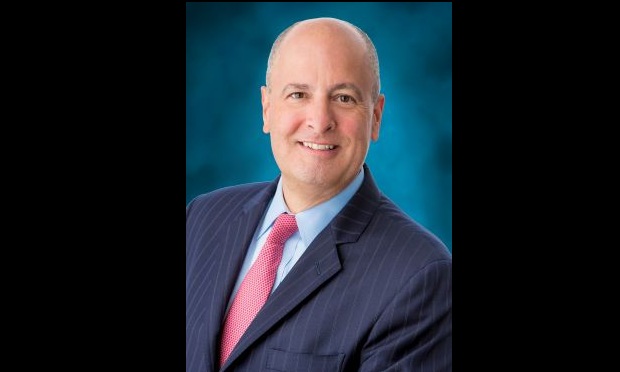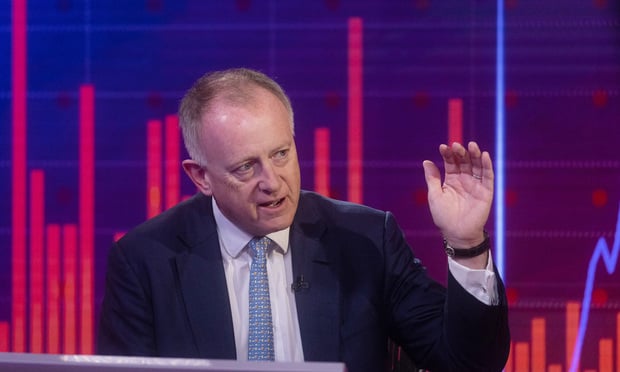With its chief executive calling the current business climate the most difficult since the Great Depression, Arthur J. Gallagher (AJG) reported flat net income for the 2010 second quarter and another quarter of organic growth decline.
"We continue to operate in one of the toughest economic environments since my grandfather navigated his agency through the Great Depression," said J. Patrick Gallagher Jr., chairman, president and chief executive officer, during an analyst's conference call yesterday. "I can't remember in my career this many quarters of negative organic revenues. Having said that, all of our organization is working hard to overcome these headwinds."
Net income was virtually flat in the second quarter compared to the same period last year coming in at $44 million, up slightly by $200,000. Earnings per share dropped 2 cents in the quarter to 42 cents a share due to a charge for discontinued operations. Revenues increased 1 percent, or $6 million, to $460 million.
For the first six months of the year, net income increased 4 percent, or $3 million, to $73 million. Earnings per share remained unchanged at 71 cents a share. Revenues rose 10 percent, or $87 million, to $942 million.
Second quarter organic growth in AJG's brokerage segment stood at negative 3 percent compared to negative 1 percent for the same period last year. For the first half of the year, organic growth for the brokerage segment was unchanged on a year to year basis at negative 3 percent.
Mr. Gallagher said the property and casualty business remains the toughest of all its segments. Many clients are not seeing signs of stabilization in their businesses and continue to purchase less coverage units. The insurance business climate is further hampered by the continuing soft market that shows no signs of letting up, he said.
When questioned about insurance rates, Mr. Gallagher said there is some moderation in rates in the Midwest, but declines continue in the West and Southeast.
"It is fiercely competitive out there," he said of the insurance placement climate.
He said the insurance cycle is at "an interesting point" because most carriers are trying to renew business at flat rates, but clients who shop their accounts will get "a reduction in their rate."
In response to a question about employee benefits and how the new health care bill will affect placements, Mr. Gallagher said if the Massachusetts model is any example, middle market accounts (between 250 and 1,000 employees) will not abandon private health insurance plans for their employees because they feel those health plans are "cost effective."
While he was vocally opposed to the bill prior to passage, he now believes it will be a benefit for the brokerage's employee benefit services.
"We've got clients that are pulling their hair out right now trying to figure out what this whole thing means to them," he said. "Our consultants are as busy as they can be and I don't see that dying out for years to come."
Want to continue reading?
Become a Free PropertyCasualty360 Digital Reader
Your access to unlimited PropertyCasualty360 content isn’t changing.
Once you are an ALM digital member, you’ll receive:
- Breaking insurance news and analysis, on-site and via our newsletters and custom alerts
- Weekly Insurance Speak podcast featuring exclusive interviews with industry leaders
- Educational webcasts, white papers, and ebooks from industry thought leaders
- Critical converage of the employee benefits and financial advisory markets on our other ALM sites, BenefitsPRO and ThinkAdvisor
Already have an account? Sign In Now
© 2025 ALM Global, LLC, All Rights Reserved. Request academic re-use from www.copyright.com. All other uses, submit a request to [email protected]. For more information visit Asset & Logo Licensing.








